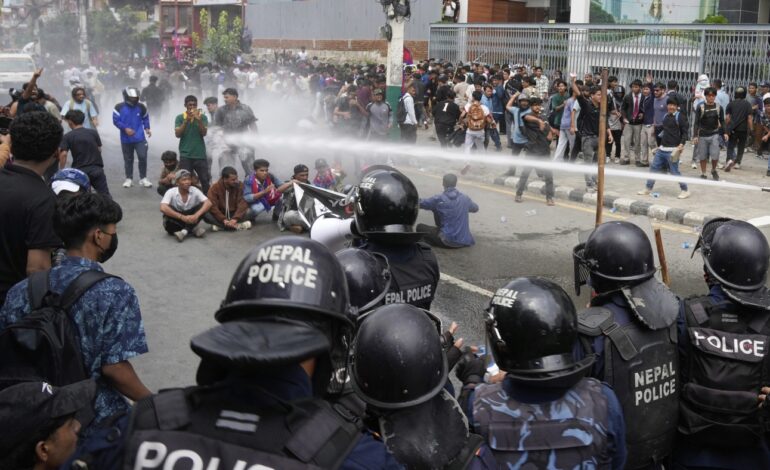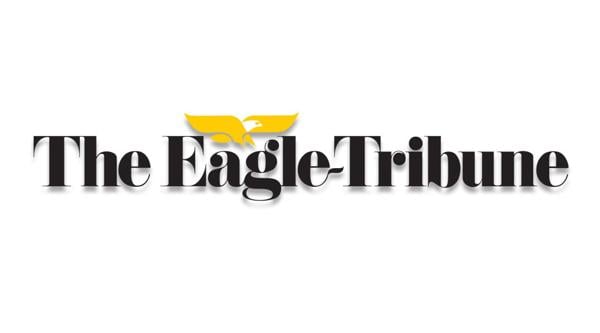Nepal Lifts Social Media Ban After Deadly Protests, 19 Killed

UPDATE: Nepal’s government has just lifted its ban on social media platforms following a wave of protests that erupted after police opened fire on demonstrators, killing 19 people. This urgent decision comes amid escalating tensions in the capital Kathmandu and other cities, where mass gatherings against the ban led to violence and widespread unrest.
On October 10, 2023, the authorities imposed a curfew in Kathmandu and two other cities as protests surged, with tens of thousands taking to the streets. Demonstrators surrounded the Parliament building, demanding an end to the ban on social media and chanting, “Stop the ban on social media. Stop corruption, not social media.” The police responded with deadly force, leaving many injured, with reports indicating that victims sustained serious injuries, including gunshot wounds to the head and chest.
Dr. Badri Risa from the National Trauma Center confirmed that multiple victims were in critical condition and that families anxiously awaited news of their loved ones. In the wake of the tragedy, Prime Minister Khadga Prasad Oli announced plans to form an investigating committee to analyze the events and pledged that compensation would be provided for the families of the deceased.
The protests erupted after the Nepalese government introduced a new requirement for social media platforms to register and submit to government oversight, leading to the blockade of major networks such as Facebook, X, and YouTube. This regulation has been widely criticized as a censorship tool aimed at silencing dissent against the government.
At an emergency Cabinet meeting late Monday, Home Minister Ramesh Lekhak resigned amid criticism of the government’s handling of the protests and subsequent violence. Rights groups have condemned the proposed regulation, arguing it infringes on freedom of expression and fundamental rights.
The government is pursuing a broader bill aimed at ensuring social media platforms are “properly managed, responsible, and accountable.” The bill includes stipulations for companies to appoint a liaison office in Nepal, raising concerns over governmental overreach.
Despite the crackdown, some platforms like TikTok and Viber have registered and continued to operate without interruption. Earlier this year, Nepal banned TikTok for disrupting social harmony but lifted that ban after the platform agreed to comply with local laws.
As the situation develops, many are left wondering what the long-term implications of this crackdown will be on freedom of speech in Nepal. The country is at a pivotal moment, with citizens rallying for their rights and demanding accountability from their government.
For ongoing updates, stay tuned as this story develops. The implications of these protests and the government’s response will resonate throughout Nepal and beyond in the coming days.






